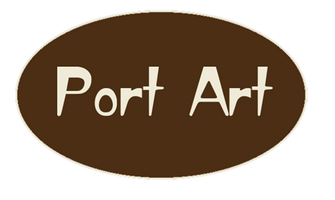Book a FREE Online Art Consultation
Subscribe -Join our Members list for updates, offers & articles
Lately, sustainability continues to be a significant focus in the art world. Artists are increasingly using recycled materials, organic paints, and eco-friendly processes to create their works. Sustainable art not only reduces environmental impact but also brings unique textures and stories into your home or office.
Wikipedia: -Sustainable art is art in harmony with the key principles of sustainability, which include ecology, social justice, non-violence and grassroots democracy.
Purists use the terms eco-friendly art and sustainable art to refer to the use of art materials which are eco-friendly and more sustainable; however, a general broader use of these terms also includes art that expresses, refers to or portrays subjects about the planet and it's inhabitants and nature.
E.g.. Robert Corcoran reuses packaging styrofoam, destined for landfills to create the underneath shape of some trees (a home for various native birds, including endangered species) that he builds with naturally shed local paperbark.
John Louis Lloyd has a series entitled ‘Beautiful Planet’ which speaks to the impact of humans on the planet and reflects on the past, present and future as it relates to our home in the universe. He sometimes uses “skins”, ie. reused scraps of acrylic (otherwise tossed out) and loves working on the synthetic paper, yupo, as do each of the artists of the Port Art collective.
The four main ecological benefits of Yupo, this kind of synthetic ‘paper’ are:
i- Saves forests otherwise cut down for paper manufacture
ii- A great alternative to canvas which uses copious amounts of water per square metre in it’s manufacture
iii- can be re-used, melted down and re-used in other plastic applications
iv- YUPO and ALPHAYUPO do not use toxic substances or environmentally-harmful substances, such as heavy metals, asbestos, CFCs, halons, PCBs, PCTs, PBBs, phenols, formaldehyde, bromine flame retardants or plasticizers (phthalates), in the manufacturing process. Yuo can be melted down for reuse, withou giving off noxious fumes.
Jennifer Webb chooses yupo as a substrate in may of her paintings of the ocean. In some series she has shown sequenced imagery showing surreal visions of what lies underneath the ocean now and what it may have looked like before the advent of mankind's effects on the ocean's resources and natural beauty.
Book a FREE Online Art Consultation
Subscribe -Join our Members list for updates, offers & articles
